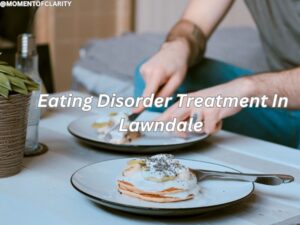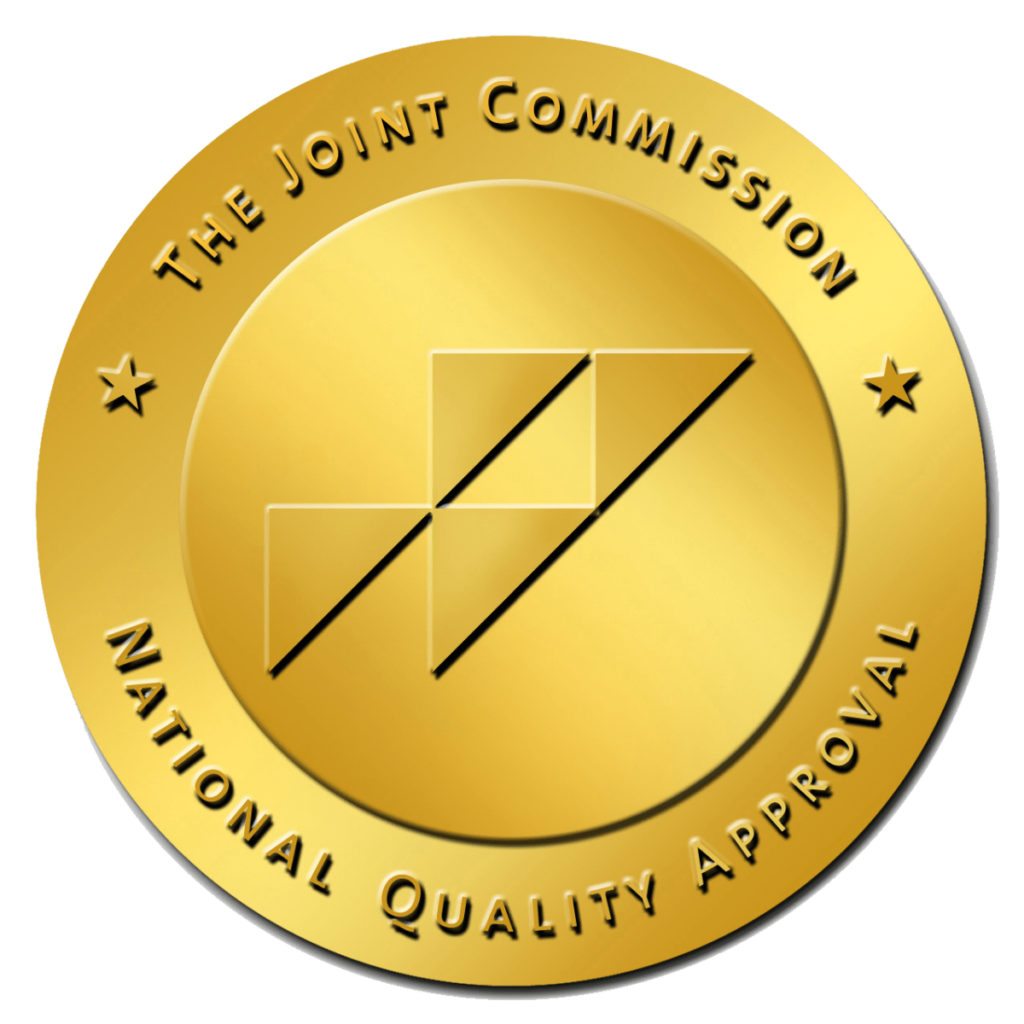
Eating Disorder Treatment
Eating Disorder Treatment in Lawndale, California provides comprehensive support for individuals seeking recovery from eating disorders. This article explores the importance of mental health support, healthy eating habits, therapy and counseling, and self-care on the journey to overcoming eating disorders.
Eating Disorder Treatment Helpline
The Prevalence of Eating Disorders in Lawndale
Eating disorders are a serious mental health condition affecting individuals of all ages, genders, and backgrounds. In Lawndale, California, the prevalence of eating disorders is a significant concern. According to recent studies, approximately 20 million women and 10 million men in the United States will experience an eating disorder at some point in their lives.
Lawndale, being a vibrant city in California, is not immune to this issue. The pressures of societal beauty standards, cultural influences, and personal struggles can contribute to the development of eating disorders among Lawndale residents. However, it is crucial to remember that help and support are available for those seeking recovery.
The Importance of Eating Disorder Recovery
Eating disorder recovery is a complex and multifaceted journey. It involves addressing the physical, emotional, and psychological aspects of the disorder. Seeking treatment for an eating disorder is vital for several reasons:
- Physical Health: Eating disorders can have severe consequences on physical health, including malnutrition, organ damage, and cardiovascular problems. Recovery focuses on restoring and maintaining a healthy body weight, improving nutrition, and addressing any medical complications.
- Mental Health: Eating disorders are closely linked to mental health conditions such as depression, anxiety, and obsessive-compulsive disorder. Recovery involves addressing these underlying mental health issues through therapy, counseling, and medication if necessary.
- Improved Quality of Life: Recovery from an eating disorder can significantly enhance an individual’s overall quality of life. It allows them to regain control over their thoughts, emotions, and behaviors, leading to improved relationships, self-esteem, and a sense of purpose.
Mental Health Support in Lawndale
A crucial component of eating disorder treatment in Lawndale is mental health support. Various organizations and professionals are dedicated to providing comprehensive care for individuals struggling with eating disorders. These include:
1. Lawndale Eating Disorder Recovery Center
The Lawndale Eating Disorder Recovery Center is a leading facility specializing in the treatment of eating disorders. Their team of experienced professionals offers personalized treatment plans, including therapy, counseling, and support groups. They prioritize creating a safe and compassionate environment for individuals on their recovery journey.
2. Lawndale Mental Health Clinic
The Lawndale Mental Health Clinic provides a range of mental health services, including support for individuals with eating disorders. They offer therapy and counseling sessions tailored to address the underlying causes and triggers of eating disorders. Their team of licensed professionals is dedicated to helping individuals develop healthy coping mechanisms and positive self-image.
Healthy Eating Habits for Recovery
Establishing and maintaining healthy eating habits is a vital aspect of eating disorder recovery. It involves developing a balanced and nourishing relationship with food. Here are some tips for establishing healthy eating habits:
- Consult a Registered Dietitian: A registered dietitian can provide personalized guidance and support in creating a meal plan that meets nutritional needs and supports recovery goals.
- Practice Mindful Eating: Mindful eating involves paying attention to physical hunger and fullness cues, eating slowly, and savoring each bite. It helps individuals reconnect with their body’s natural signals and develop a healthier relationship with food.
- Avoid Restrictive Diets: Restrictive diets can trigger or exacerbate eating disorder behaviors. It is essential to focus on balanced and varied meals that include all food groups.
- Seek Support: Engaging in group therapy or support groups can provide a supportive environment to discuss challenges, share experiences, and receive encouragement on the journey to healthy eating habits.
Therapy and Counseling for Eating Disorder Recovery
Therapy and counseling play a crucial role in eating disorder recovery. They provide individuals with the tools and support necessary to address the underlying emotional and psychological factors contributing to their eating disorder. Here are some commonly used therapeutic approaches:
1. Cognitive-Behavioral Therapy (CBT)
CBT is a widely recognized and effective therapeutic approach for eating disorder recovery. It helps individuals identify and challenge negative thoughts and beliefs surrounding food, body image, and self-worth. CBT also focuses on developing healthier coping mechanisms and problem-solving skills.
2. Dialectical Behavior Therapy (DBT)
DBT combines elements of CBT with mindfulness techniques. It helps individuals regulate their emotions, tolerate distress, and improve interpersonal relationships. DBT provides valuable skills to manage triggers and prevent relapse.
3. Family-Based Therapy (FBT)
FBT involves the active involvement of family members in the recovery process, particularly for adolescents with eating disorders. It aims to empower parents and caregivers to support their loved ones in restoring healthy eating habits and addressing underlying family dynamics.
The Self-Care Journey
Self-care is an essential aspect of eating disorder recovery. It involves prioritizing one’s physical, emotional, and mental well-being. Here are some self-care practices that can support individuals on their recovery journey:
- Engage in Relaxation Techniques: Activities such as deep breathing exercises, meditation, and yoga can help reduce stress and promote a sense of calm.
- Pursue Hobbies and Interests: Engaging in activities that bring joy and fulfillment can help individuals shift their focus away from their eating disorder and develop a sense of identity beyond their illness.
- Practice Positive Affirmations: Encouraging self-talk and positive affirmations can help individuals challenge negative self-perceptions and build self-esteem.
- Establish Boundaries: Setting boundaries with others and oneself is essential for maintaining a healthy and balanced lifestyle. It involves saying no to activities or situations that may trigger or compromise recovery.
Eating Disorder Treatment Near Me
Eating disorder treatment in Lawndale, California offers a comprehensive approach to support individuals on their journey to recovery. With a focus on mental health support, healthy eating habits, therapy and counseling, and self-care, individuals can regain control over their lives and develop a positive relationship with food and their bodies. Seeking help is the first step towards a healthier and happier future.




